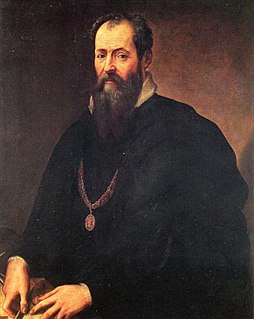A Quote by Ella Wheeler Wilcox
Time sped. And the poet through sorrow Became like his suffering kind. Again he toiled over his poems To lighten the grief of his mind.
Related Quotes
When Heaven is about to confer a great office on a man, it first exercises his mind with suffering, and his sinews and bones with toil ; it exposes his body to hunger, and subjects him to extreme poverty ; it confounds his undertakings. By all these methods it stimulates his mind, hardens his nature, and supplies his incompetencies.
"Oh, when we are journeying through the murky night and the dark woods of affliction and sorrow, it is something to find here and there a spray broken, or a leafy stem bent down with the tread of His foot and the brush of His hand as He passed; and to remember that the path He trod He has hallowed, and thus to find lingering fragrance and hidden strength in the remembrance of Him as "in all points tempted like as we are," bearing grief for us, bearing grief with us, bearing grief like us."
When a man finds that it is his destiny to suffer, he will have to accept his suffering as his task. . . . He will have to acknowledge the fact that even in suffering he is unique and alone in the universe. No one can relieve him of his suffering or suffer in his place. His unique opportunity lies in the way in which he bears his burden.
My dear brother, we must not mind a little suffering for Christs sake. When I am getting through a hedge, if my head and shoulders are safely through, I can bear the pricking of my legs. Let us rejoice in the remembrance that our holy Head has surmounted all His suffering and triumphed over death. Let us follow Him patiently; we shall soon be partakers of His victory
When a man finds that it is his destiny to suffer, he will have to accept his suffering as his task; his single and unique task. He will have to acknowledge the fact that even in suffering he is unique and alone in the universe. No one can relieve him of his suffering or suffer in his place. His unique opportunity lies in the way in which he bears his burden.
Gabriel Levin's book is a journey through time and through entrenched animosities of the Middle East. What's astonishing and refreshing is his ability to combine the reporter's perspective with a deep knowledge of poetry, including pre-Islamic Arab poems. A brilliant poet is at work here-a poet in the rugged landscape of conflict and pain.





































